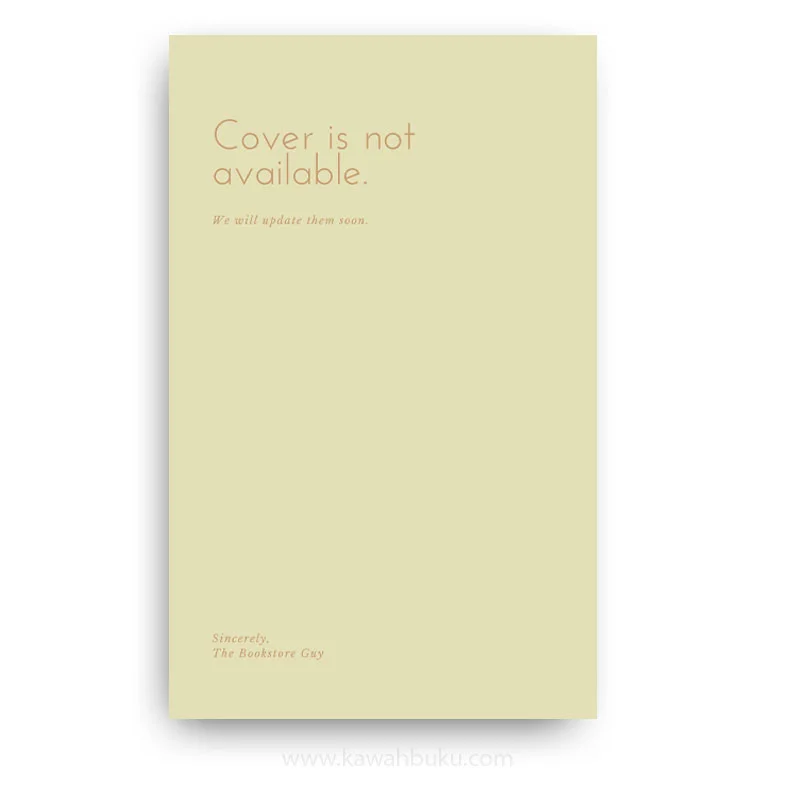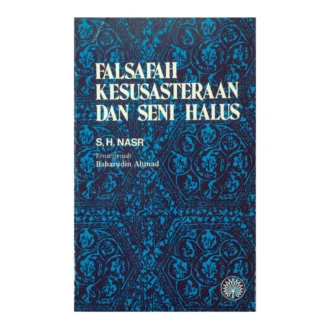Knowledge, Tradition and Civilization is a collection of essays in honour of Professor Osman Bakar, as a tribute to the lifetime achievements of this erudite Muslim scholar-activist. Recognized as among the world’s most influential Muslims, Osman is currently the second holder of the prestigious Al-Ghazali Chair at the International Institute of Islamic Thought and Civilization (ISTAC), Malaysia. He is the author and editor of close to three dozen books and hundreds of articles as well as commentaries, many of which have been translated into several languages. The Classification of Knowledge in Islam (1998) and The History and Philosophy of Islamic Science (1999) are now standard texts for anyone interested in the study of Islamic epistemology and civilization. Osman’s prodigious scholarly career is also evidenced in a long list of keynote addresses and plenary speeches delivered in over forty countries. He has served as a chair professor in major Southeast Asian and North American universities and appointed as an expert advisor in many international organizations such as West-Islamic World Dialogue Initiative (known as the C 100), the UNESCO, the Qatar Foundation, and the European Science Foundation. An expert on contemporary developments in the Muslim world, his incisive and frank analyses have been sought after by major international media outlets.
Featuring established scholars based in North America, Europe, Africa, and Asia, the more than two dozen essays in this volume explore two key themes that pervade Osman Bakar’s oeuvre: the production and problem of knowledge in Islam as well as the civilizational unity and renewal. In pursuit of these themes, this volume underlines Seyyed Hossein Nasr’s view of his protege as the “most gifted young scholar who soon became one of the best students I had ever trained … His writings went beyond his initial field of specialization chat is, Islamic science and its philosophy, into Islamic philosophy in general civilizational studies, Malay culture and history, and many other domain.” The former Deputy Prime Minister of Malaysia, Anwar Ibrahim, is barely, exaggerating when he describes his childhood friend and fellow movement-leader as “a polymath,” “a towering thinker,” “a noted exemplar,” and “a beacon for all to build bridges with others in thought and society.” Osman has set high standards for budding scholars, intellectuals, writers, and activists. This volume is a humble attempt at honoring his multifarious achievements.
A dominant strand of Osman’s scholarship pertains to how knowledge has been produced in Islam and the attendant problems that developed as Muslims encountered other systems of thought and ideologies. Muhammed Haron in his bibliometric study shows that one can only fully understand Osman voluminous intellectual output by looking at his enquiries over the ways in which knowledge has been conceptualized and classified as well as the knowledge crisis which Muslims experienced in the face of colonialism, modernity and globalisation. It is almost commonplace nowadays to argue that the knowledge crisis confronting the Muslim world since the last two hundred years has no antecedent in the long career of Islamic thought. Osman is among the modern Islamic thinkers who takes on this view. His response to that predicament has been to take up the mantle of an engaged scholar “who is part of an academic structure such as the university and uses that opportunity to lower the academic walls by interacting with those in other disciplines.”
The essays in the first part of this volume engage fully with this facet of Osman’s career. Together, the eleven contributors register the various circumstances and ideas which sensitized Osman with the issues relating to knowledge in Islam. They track and expand the intellectual pathways that Osman took. Clearly, Osman’s ideas developed not only through the scholarly environment which he was situated in and an active participant of. Rather, his thought and scholarship are shaped by his experiences living with communities and querying the ideas of scholars he admired. As such, this section provides brief sketch of Osman’s intellectual biography and connects his life story, the theme of the production and problem of knowledge as discussed by the various contributors. Osman was not a scholar who merely analyzes trends and challenge of knowledge within Islam. His other overriding aim was to bring together Muslims and non-Muslims to join hands in proposing reforms toward renewal of their shared civilization. This theme is explored in the second part of this volume.
This collection of essays bears testimony to Osman Bakar’ prolific career, his versatility of thought, and the impact that he has had on the minds of numerous fields of modern scholarship., His interventions into the question of what went wrong in the Muslim civilization and how it can be set aright cannot be glossed over. He is among the few Muslim intellectuals based in Southeast Asia who has consistently sought to address epistemological as well as ethical, cosmological, and ontological problems in contemporary know edge that have shaped Muslim minds. Osman is, as John Esposito sums up so well in his Afterword, “one of the leading Muslim scholars of the late twentieth and early twenty-first century. He diagnosed and advocated the critical need for Islamic renewal (tajdid) and reform (islah), and promoted interfaith relations.
Like Muhammad Iqbal, Sayyid Ahmad Khan, Seyyed Hossein Nasr, Ismail Al-Faruqi, Syed Muhammad Naquib al-Attas, and Hamka (Abdul Malik Karim Amrullah), to name a few prominent Muslim scholars and reformers in the modern Muslim world, Osman Bakar recognized the need for Islamic renewal.” In highlighting the production and the problem of knowledge in the Muslim world and the possibilities of civilizational unity and renewal, Osman points to some interesting pathways that should be broached and given serious thought. A courageous and yet unassuming man, he is a friend, a teacher, a comrade, and a role model to many in search of the higher truth in their bid to enhance human understanding. Osman Bakar matters, now and in the many years to come.











Reviews
There are no reviews yet